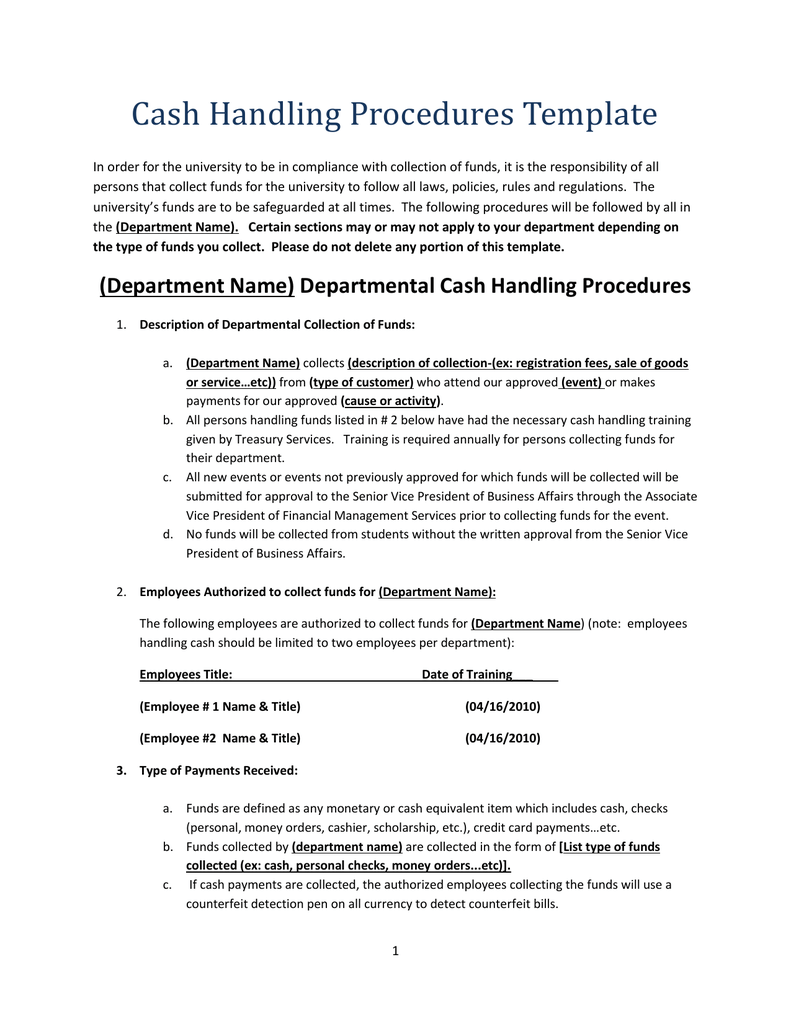An additional benefit off a house collateral financing ‘s the flexible repayment terms and conditions. Many loan providers can help you modify your own payment schedule in order to suit your means. This is exactly a terrific way to keep monthly premiums affordable.
Another advantage away from property equity financing is because they try quick and easy to track down. Most of the time, you can apply for that loan on the internet and have the funds in your membership in just a few days. This is good solution if you’d like cash fast.
That have low interest rates, flexible installment terminology, and you can simple and fast approval, household guarantee funds provide many advantages over most other investment choices

An additional benefit from a property collateral loan is you can use the money to possess one thing. There aren’t any limits exactly how you can use the loan continues. This really is a powerful way to have the bucks your have to funds your enterprise.
If you are searching to have ways to loans your online business, property collateral financing are an excellent option.
Such borrowers may standard to their financing, particularly in days of depression otherwise decreasing home prices
The key benefits of Using property Collateral Loan to cover Your Small business – Fool around with a house Equity Mortgage to pay for Your small business
Home equity loan asset-backed securities (ABS) are a type of fixed-income security that are backed by the cash flows from a pool of household security financing. Home equity loans are loans that allow homeowners to borrow against the equity in their property, which is the difference between the market value of the home and the an excellent home loan harmony. Home equity loan ABS are different from home equity line of credit (HELOC) ABS, which are backed by revolving lines of credit that allow homeowners to draw funds as needed, up to a certain limit. In this section, we will explore the features, benefits, and risks of domestic equity loan ABS, and how they compare to HELOC ABS. Some of the topics we will cover Missouri loans are:
1. The structure and cash flow of home equity loan ABS. Home equity loan ABS are typically structured as pass-through securities, which means that the dominating and notice repayments from the underlying loans are passed through to the investors, after deducting fees and expenses. The loans in the pool may have different interest rates, maturities, and payment schedules, but they are usually grouped into tranches based on their characteristics. Each tranche has a different priority of payment, credit rating, and yield. The senior tranches have the highest priority and the lowest risk, while the junior tranches have the lowest priority and the highest risk. The cash flow of home equity loan ABS depends on the performance of the underlying loans, which may be affected by factors such as prepayments, defaults, and recoveries.
2. The advantages and cons regarding investing domestic equity loan Abdominal muscles. Domestic equity loan Stomach give several advantages so you’re able to buyers, such as:
– Higher yields than other fixed-income securities with similar credit ratings and maturities, due to the highest interest levels of the underlying loans and the credit enhancement provided by the subordination of the junior tranches.
– Diversification professionals, just like the family security mortgage Abdominal muscles enjoys reasonable relationship with other resource kinds and therefore are less responsive to changes in rates than simply most other home loan-recognized securities, due to the quicker stage and higher voucher of the underlying loans.
– prospective financial support enjoy, as domestic equity financing Abdominal muscles will get change at a discount to its par value, highlighting the fresh uncertainty and you can likelihood of the root financing. In the event your loans perform better than requested, the value of new bonds can get boost.
– Higher credit risk than other fixed-income securities, as home equity loans are typically originated to borrowers with lower credit scores, higher debt-to-income rates, and lower equity in their homes.